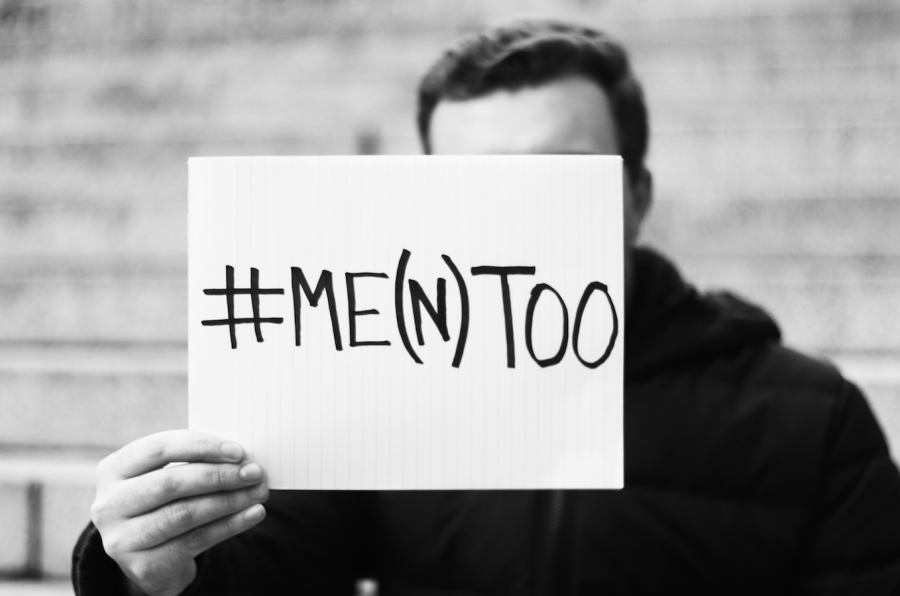Lately there seems to be a new article out every week about another round of sexual abuse allegations regarding Hollywood moguls.
Anthony Rapp recently came out with his harrowing tale of sexual assault, but his story is a bit more unique for one reason: Rapp is just one of a few male actors to publicly come forward with their own experiences of sexual assault in Hollywood.
In making the decision to speak out, Rapp reintroduced the fact that sexual assault is a multi-layered issue that has affected more than one gender.
Though he is not the first male actor to come forward about his experiences with assault in the industry, the significant amount of attention garnered around Rapp has shed a light on an issue that is typically cast to the side when discussing sexual assault: it is happens to men, too.
Famous for his role in the 1996 musical “Rent” and his new show “Star Trek: Discovery,” Rapp described in detail to Buzzfeed News about the sexual advances actor Kevin Spacey made toward him when he was 14.
Figures such as Lupita Nyong’o, Gwyneth Paltrow and Rose McGowan are some of the actresses that have come forward regarding the harassment they have faced from Harvey Weinstein. Now, male victims are coming forward too.
Rapp kept quiet about the encounter for decades, and only chose to speak publicly about it because “there’s so much more openness about talking about these issues, and so many people are coming forward and sharing their stories.”
While it can be argued that sexual assault is more likely to happen to women, it can also be said assaults made against men are being swept under the rug and dismissed, especially in the news.
Sexual assault cases where women are the victims and males are the perpetrators, are often more publicized as opposed to cases where the roles are reversed. This one-sidedness in the media can make it more difficult for male victims of assault to come forward. It reinforces the idea that male victims are rare, and singular cases, as opposed to showing that they are more common than people believe.
The idea that men cannot be seen as victims of sexual abuse stems from a culture that views men as masculine, strong figures that are difficult to overpower.
With the amount of overtly male-dominated institutions there are within the government, the workplace and even the entertainment industry, it comes to no surprise that this hierarchical power can translate into enforced gender roles, and strict expectations from the sexes.
The problem is that this toxic mindset can have detrimental effects to anyone whose experiences fall outside of this realm of masculinity and femininity.
Look at the way Shia LaBeouf and Corey Feldman were treated when they came forward with their experiences.
LaBeouf also experienced backlash by the media when he claimed that he was raped during a performance art project he was a part of in 2014. Choruses of ‘he was supposed to enjoy it– he’s a man!’ rang far and wide on social media, but when LaBeouf spoke out about the trauma of the experience, the details were anything but a laughing matter.
Feldman infamously went on “The View” in 2013 to discuss the exploitation of minors in the entertainment industry, and recounted his own experience with sexual assault when he was a teenage actor. Barbara Walters criticized him for “damaging an entire industry.”
The fact of the matter is that society still has a long way to go in terms of dissolving this pervasive gender-role enforced culture. The severity of which men are expected to be hyper-masculine characters results in the dismissing of any narrative that illustrates the opposite.
Hopefully, because of Rapp, Feldman and LaBeouf’s shared experiences, the public will begin to take cases of sexual assault against men just as seriously as those of women. Not to mention, it will encourage other quieted male victims to find the courage to come forward with their stories and seek justice.








